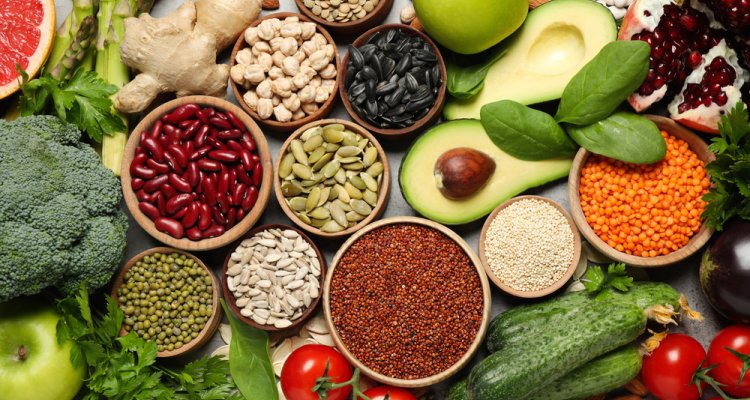
News
Future of Law Conference - stepping stones towards a new EU food systems law
On 25 and 26 May 2023, the Future of Law Conference took place, uniting academics in a debate on the upcoming European law on sustainable food systems and beyond. ‘The legal aspects of food systems are often neglected, and the new EU Sustainable Food Systems Law is going to change a lot’, says Hanna Schebesta, associate professor at the WUR Law Group.
In the future, the European food system is likely to change significantly. The draft Sustainable Food Systems Law, a long awaited outcome of the Farm to Fork Strategy, is expected to be presented by the European Commission in late 2023. The WUR Law Group looked ahead at these changes during their annual conference. This year’s edition revolved around the ‘Future of Food Law’, and was convened by the Law Group researchers in the food theme Schebesta, Mirta Alessandrini, Francesco Cazzini, Silvia Rolandi and Marianna Vanuzzo. The two-day event drew around a hundred scholars and researchers in the field of law and food systems to Wageningen.
Hanna Schebesta, who is leading the food theme at the Wageningen Law Group, expects the new law to have a significant impact. Current EU risk regulation architecture is largely food safety oriented. The legislative framework for sustainable food systems is the first initiative that the EU is proposing laws to make the food system more sustainable. The Future of Food Law Conference provided a platform for researchers and scholars from various fields of law to explore not only the draft law, but also to delve into the future of food and its legal landscape.
Food systems approach
‘The switch from food chains to food systems is especially important’, Schebesta says. A food system is the combined whole of food production, processing, distribution and consumption. The effects of these activities on the economy, public health and the environment are likewise aspects of a food system. Through the new law, the EU aims to bend all those activities and effects towards a sustainable food system. A mandatory eco label for all foodstuffs is an example of a concrete plan, but the law will include many other changes. ‘All parties in this system need to take responsibility, and may be bound to comply with sustainability requirements’, Schebesta summarises the law.
The conference revolved around the debate among legal researchers and scholars, and featured a dialogue with a representative from the European Commission from Brussels involved in preparing the draft law. ‘As researchers, we were excited to hear about the Commission’s plans so far. That was highly valuable’, Schebesta explains. ‘It resulted in many topics for discussion about various perspectives on the sustainability legal framework and what the future law should entail.’
Perspectives and obstacles
During the conference, speakers addressed the legal dimension of the sustainability concept from a plurality perspectives, moving from the agricultural to the trade focus, from the internal market angle to the socio-economic dimension. Topics of the over forty presentations included systems thinking itself, agroecology, perspectives for farmers, human rights, animal and human health, and food safety.
The participants also recognised that the current legal status can act as an obstacle for national sustainability initiatives. This happens if member states are afraid to break other EU laws when trying to adopt sustainability laws. Together with the EU and the national dimension, ‘emphasis should be placed on the international framework’, Cazzini suggests. The EU is bound by international agreements, but at the same time, the EU is also trying to shape the agenda for food sustainability within the international community.
Network of academics
Schebesta looks back upon the conference with a sense of satisfaction. ‘I am happy that so many food law academics were interested in joining this initiative. Usually, discussion forums are dominated by interest representations and industrial parties.’
The participants have associated themselves through the Food Law Academics Network. The idea of this network is that it should increase exchange and cooperation between researchers. This is not its only purpose, however. ‘This network gives scientists a voice in the policy-making arena. An independent voice, with input from all those different angles. We really need a network like this in order to provide nuanced input for the new food law.’